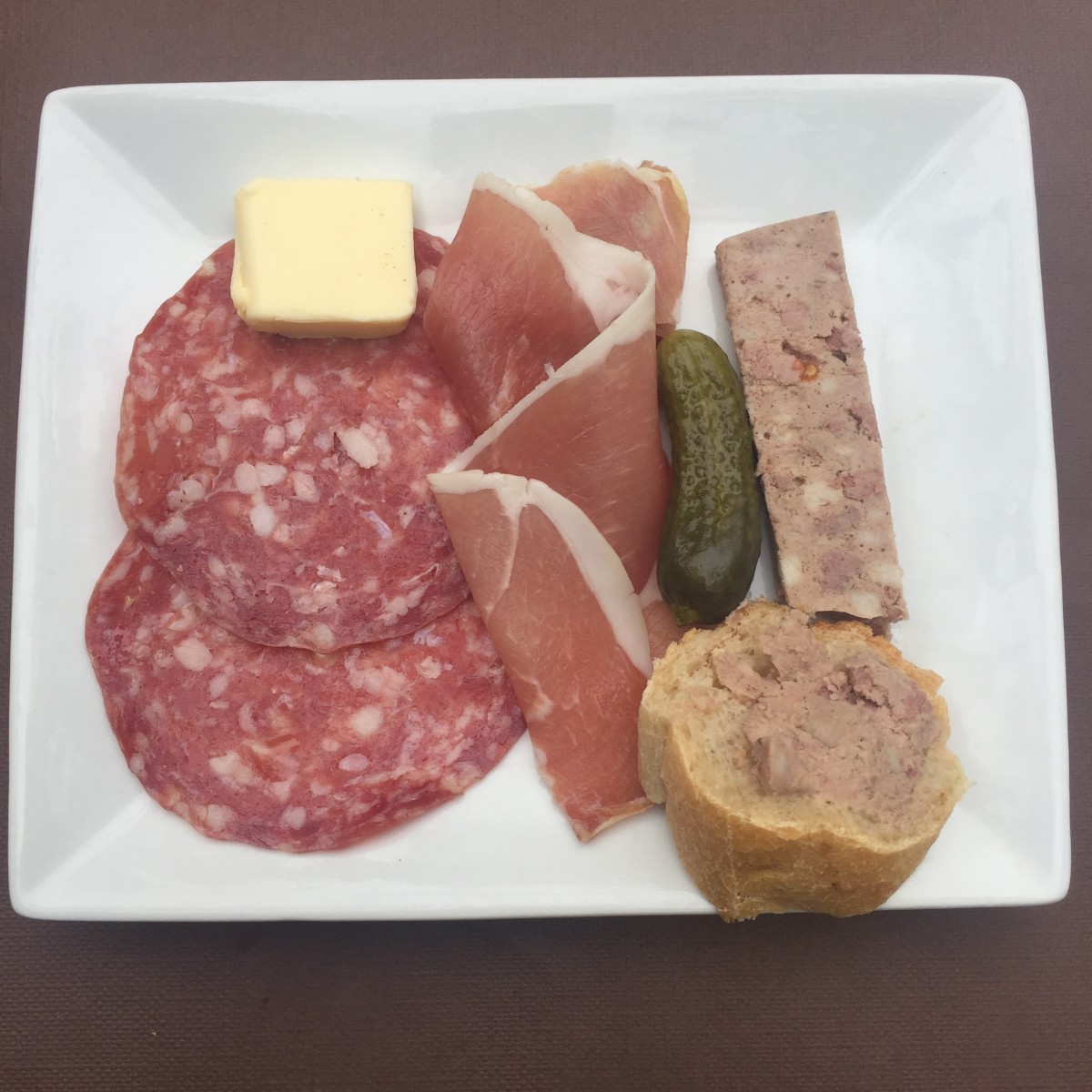
With food frequently used as a metaphor for french identity, all perceived threats upon it are taken seriously, with recent globalization food has become an essential symbol for the common french patriotic identity. In Phillip H Gordon and Sophie Menieur’s Globalization and French Cultural Identity a Southwestern town’s mayor is quoted as saying “Roquefort is made from the milk of only one breed of sheep, it is made only one place in France, and it is made in only one special way. It is the opposite of globalization. Coca-Cola you can buy anywhere in the world and it is exactly the same.” In France, the notion of terroir remains central in the world of food despite recent increases in mega farms and shifts in the countries agricultural practices.
In recent years France has seen a surge in fast food franchises. Though the consumption has risen it is often that with the consumption comes a sense of embarrassment and shame. Sociologist Jean-Pierre Poulain is quoted as saying “During my field research, I have been struck by the strange self justification discourse used by most adults, saying that they were coming to McDonald’s for the first and last time. It was if they were coming out of an x-rated movie” In France it is not uncommon for iindividuals to feel as though they are betraying their own identities by indulging in the quintessentially american food. Beyond the disdain for the hamburger as American and “anti-French” in its essence, comes the dimension of social class. In contested tastes Michaela Desoucey states that “Class based versions of food-related taste judgments link to how rich and middle-class people access poor people’s food choices (often as societal problems with great disdain)” food judgments as a matter of class are nothing new in France but the added dimension of increased immigration in recent years has made the intersection of race impossible to ignore.
In 2014 the front national passed a law banning schools from offering muslim and jewish students halal and pork-free lunches, restricting access to their own religious and cultural food traditions, and enforcing that to “truly be french” one must eat pork. Politicians claim the law serves to preserve religious neutrality in the public sphere but can also easily be viewed as a tool to ostracize and stigmatize France’s muslim and jewish populations. By speaking ill of the food choices of other’s it becomes possible to speak ill of people indirectly.
Often when responding to perceived loss of national identity and tradition individuals participate in the reinforcement of cultural and social identities, with that food becomes a tool of patriotism. With France’s shifting population questions of maintaining the countries culinary traditions have arisen. Instead of regarding immigrant populations as a threat to french cuisine the possible co-mingling and vibrancy of immigrant populations should be acknowledged and potentially embraced. Food has the immense potential to be used as a tool of empowerment worldwide, but when individuals are stripped of access to their own culinary histories it can just as easily be used as a tool of oppression.